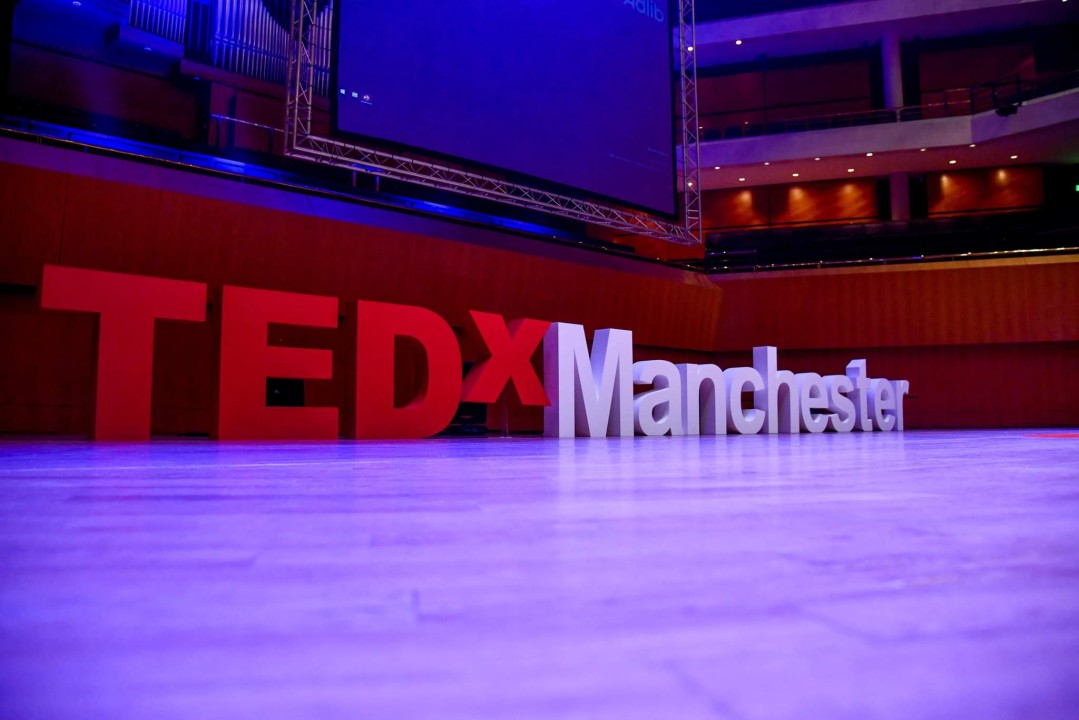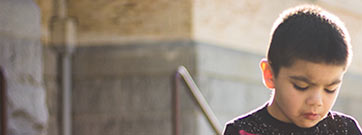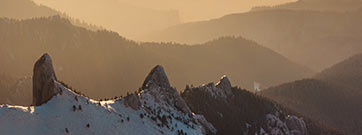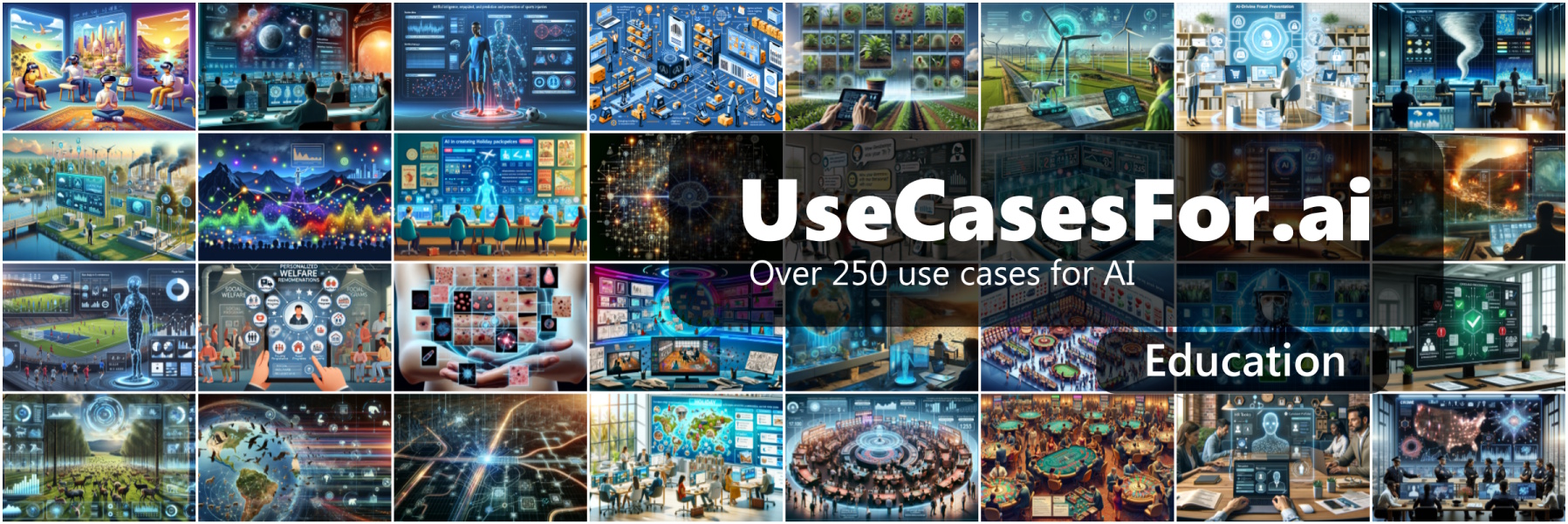This was my first time attending an in person TED talk, and what an experience it was.
The modus operandi of TED is the sharing of ideas, so I thought I'd briefly give an overview of the event and some of the talks in hope to inspire others to attend similar future events.
Organiser Herb Kim opened the event recalling how COVID has meant this is the first time in a couple of years, they've been able to put on TEDxManchester and quoted from a book "The Lonely Century" where as well as the important relationships we rely on, the author discussed the importance of everyday social micro exchanges and ambient social contact and how lockdown denied us of these.
Alex Edmans - Sustainable Economist - The Pie-Growing Mindset
Alex discussed how traditional businesses have always been almost entirely focussed on profit, often at the expense of employee wellbeing and the environment. His whole talk focusses on dispelling the myth that by investing in more sustainable/well-being activities, business lose out on profit. In fact he mentioned correlations and examples where his studies have found the opposite to be true, companies that have assigned responsible, societal and philanthropic activities a priority, have slightly outperformed those that have not.
He cited Vodafones creation of M-Pesa as a great example of a how a company can successfully use its resources for social good / change without being motivated by profit. M-Pesa was created to allow anyone in Africa with a mobile phone to transfer currency to anyone else using M-Pesa, something that stimulated the economy because many people in Africa do not have access to banking facilities. M-Pesa lifted 200,000 people out of poverty and helped increase gender equality in Africa. We were told that M-Pesa is in fact profitable now, though not being set out to be so from the beginning.
Alex mentioned that companies listed in the 100 best places to work in the US, financially outperformed their peers proving that a happy workforce makes for a successful business. He also mentioned that organisations that listened more to their shareholders tended to be more successful, showing the importance of perspectives from outside of the board room.
I also learned that the UN has 17 sustainable development goals and that some businesses align with a subset of those goals based on their sector and operations.

Alex asked everyone to consider how their business can serve society with some different thinking using its expertise and cited examples of organisations that used their expertise during lockdown where they had effectively ceased/reduced trading but repurposed their expertise/resources to help benefit others.
I ended up buying Alex's book Grow The Pie that I look forward to reading..


Jenna Macciochi - Immunity Booster - The Truth About Boosting Immunity
Jenna discussed many of the popular myths around immunity boosting, something that has been a hot topic and desirable by many during the pandemic.
She emphasized that we live in an interesting time, recounting remarks on 24th April in a Whitehouse briefing, by the then POTUS whom may or may not have been suggesting that injecting disinfectant could help treat Coronavirus.
She warned of immune-washing, (think green-washing), where an over emphasis was placed on immunity boosting with little or no concrete effect.
"If little is good, more is not necessarily better".
There are in fact many different ways to improve our immune system.
Jenna mentioned that our culture of "presenteeism" in society doesn't help, where expectations of bums on seats is used as a measure of productivity, resulting in people unwell venturing into their office which both spreads illness and reduces recovery time. Something that is completely counterproductive.
"Sleep is the foundation of our immune system". With a natural environment/green space being beneficial.
"Wellness is not an act, it is a habit"

Nichola Raihani - Evolutionary Humanist - The Real Reason Modern Parenting is So Hard
Nichola started by emphasizing that infant mortality rates have dropped drastically over the last hundreds of years, but remarks that parents are feeling more stressed and struggle more than ever and offered an explanation as to why.
She even went so far as to say, (from an evolutionary point of view), that a lot or people are "parenting wrong" (this got the crowds attention)..
Nichola went on to give examples of successful examples from the animal kingdom of "co-operative breeding" (multiple caregivers) where multiple individuals would care for the offspring, not just the genetic parents. This included ants, bees and meerkats.
She gave example of the "idol" nuclear family.. where the female often stays at home to look after ~2.3 children while the husband goes off to work and (one/two caregivers) that in our closest living species the chimpanzee, the mother looks after her young by herself but mainly because she is generally in a safe place with ample access to food and security.
"Co-operation is a risk reduction strategy". "Co-operation is a prerequisite for survival".
I learnt how sterility in species (either in later life in humans or born sterile in some species) is a fascinating tool from nature that actually helps the nurturing and success of younger generations.

Dean Lomax - Jurassic Scientist - Unearthing the Rutland Sea Dragon
Dean is a Palaeontologist from the University of Manchester, and gave his account of one fateful day when a park warden in Rutland water reserve brought to his attention an odd looking skeleton in the ground while routinely lowering the water level and what went on to be one of greatest paleontological finds ever in the UK.
The Rutland Ichthyosaur that had been found was one of the largest, best preserved ever found in Britain. Due to the time of year the initial exploratory dig, it had to be recovered in Jurassic clay, a plastic sheet put over it and re-submerged until it could be properly excavated in a few months time.
Amazing photogrammetry and 3D modelling techniques where shown as well as the painstaking detail of how the fossil was removed and the following noteriety and media coverage that followed.
Dean with mixed emotion admitted that this find was probably going to be the highlight of his career .

Oliver Burkeman - The Imperfectionist - Why Patience is a Superpower
Oliver described what he believes to be perhaps the least sexy superpower ever. Patience.
In a world where going faster is generally always considered better, he stops to ask, are we losing the ability to be patient. I think we all know the answer to this.
He describes impatience as "wanting the world to move faster than it actually does"
Oliver attempted the compulsory Harvard art student exercise, of choosing a piece of art in a museum and looking at it for 3 hours. Whilst he admitted it was very uncomfortable and difficult, he noted that he entered into what sounded like a trance where he would notice things in the artwork that he hadn't noticed previously and his mind transported him into the scene.
"Patience is not comfortable". Why? We are reminded of our finite existence and wanting to make the most of the time we have as well as our lack of control over the future. After all, we may not be alive tomorrow.
He gave some advice on how to harness the power of patience.
- Practice creative waiting
- Embrace the power of stopping
- Learn to do one thing at a time
Don't expect it to be comfortable. (Like cold showers I suppose).
By being more patient, we can live more fully and with greater appreciation.
Charles Spence - Multi Sensory Perceptor - How to Use Our Senses to Enhance Social, Cognitive, and Emotional Well-being
Author of Sense Hacking, Charles did a great job in sharing the routinely overlooked importance of our sensory experiences and ability. For example how surgeons who listen to music while operating have higher success rates and result in faster patient recovery.
He remarked that we spend 95% of our lives outdoors, yet our bodies often yearn for sensory experiences of our ancestors outside in natural, wide open spaces. Today we often miss and long for the blue and green colours of nature. Even a nature themed screensaver, though digital facsimile of nature can help reduce anxiety.
Charles discussed light hunger, which is estimated to cost the UK £1billion a year.
Sick building syndrome,
He shared some sensory retail experiments. For example how supermarkets can influence which wines are purchased by playing music from those countries and how casinos food courts in Vegas can encourage peoples food choice and control queues by playing different internationally themed music.

Helen Pilcher - Science Journalist - Small Inventions that Made a Big Impact
Author of Small Inventions that Made a Big Difference, Helen, after surgery involving some titanium staples, Helen started on a journey to follow her natural curiosity and research the history of small, often innocuous everyday items we take for granted. Helen discussed how a simple washer designed by multiple degree holding engineer Beatrice Shilling during the second world war helped solve major mechanical issues in Spitfires whereas her (generally male) peers suggested redesigning the whole engine.
Helen discussed how an early version of the paperclip invented in Norway became a symbol of rebellion, then hope in Norway during the second world war.
Helen remarked on the preponderance of male inventors through history and rightly desires that more female inventors get the attribution and acknowledgement they deserve and pulled apart the myth of the overnight inventor, and that we should acknowledge and celebrate the iterative inventive process.

Tahmima Anam - Novelist & Anthropologist - The Radical, Magical Power of Silence
Author of The Startup Wife, Tahmima recounted her experience when joining the tech industry and meeting both open and subtle and sexism and misogyny in the workplace, coming to her conclusion that the male dominated tech industry wasn't designed for her or women, it was designed for men.
She recounted awkward conversations, bad jokes and awful working environments and conditions. She discussed the concept of "Resting bitch face" and offered a suggestion on how to deal with bad sexist jokes in a working environment.. rather than joining in laughing with it.. respond with silence (initially), let the silence say that it is not ok, let people reflect on perhaps what they said wasn't ok - I like that.
It pains me to hear about Tahmimas experiences, wishing myself and my male counterparts around the world would do better, but I feel fortunate to work for one of the companies that try to exemplify gender equality and break the gender bias, Avanade.

Christina Gravert - Behavioural Economist - How Experiments & Evidence Pave Our Way to a Better Future
Christina did a really good job of hammering home the importance of data driven decisions based on experimentation and measurement.
She gave examples where the data was often contrary to expectations, for example the Beyond Scared Straight program where at risk kids were shown what prison was like for a day had the intention of scaring them straight whereas the statistics show that participants had a greater chance to go on to offend compared to the control group. Without the data, this program would continue to be carried out and cost tax payers millions of dollars and not benefit society, but have the opposite effect.
Christina stated that only 8% of UK government initiatives were assessed for effectiveness, and in the US it is less. That is a shocking revelation to me. Other behavioural, quantifiable, often simple experiments she mentioned included putting vegetarian options at the top of menus and using different images for organ donation signup.
She rightly mentioned that our world, our planet is running out of time, it does not have time for ineffective policies. We should be spending the majority of our efforts on effective policies, that we can prove through data, if we are to help save the world.
Other Speakers
Unfortunately, I had to leave to catch a train but the remaining speakers included..
Carlton Cummins - Renewables Re-Engineer - Re-engineering the Battery for a Sustainable Future
Countries and companies around the world have placed in their faith in electric vehicles as their main transport to a more sustainable future. However, the state of current battery technology is perhaps the weakest link on the bridge to that rosy future. Put bluntly by the BBC: “Electric cars: what will happen with all the dead batteries?”
Helen Nuttal - Neuro-Explorer - The Remarkable Resilience of the Brain
How can deaf people dance to the music they can’t hear?
That’s exactly what Helen will explore in her fascinating talk, while taking us on a journey to discover the power of our brain’s neuroplasticity and sensory substitution.
Daliso Chaponda - Comedian
Manchester-based, Malawi-born comedian Daliso Chaponda will be talking about the counterintuitive notion that where painful things have occurred or are occurring you often find that comedy is not far behind.
Summary
I thoroughly enjoyed my first TED event. Beforehand, I had flashbacks to my University days/worries about being sat in boring lectures for 2 hours but each talk digestively short and far more interesting than anything I was taught in my undergraduate degree all those years ago.
I couldn't help but spot a few themes that overlapped one or more of the talks that I'm sure other people picked up on. They included being kinder to ourselves and others, practice patience and understanding. Discomfort can lead to progress. Perseverance, self believe and the strive for equality. The benefits of the outdoors, nature and social interaction.
I thought I'd leave you with this video, which was played and spoke to me as I hope it does you. The future will be very different to how it looks today.
-- Lee
















